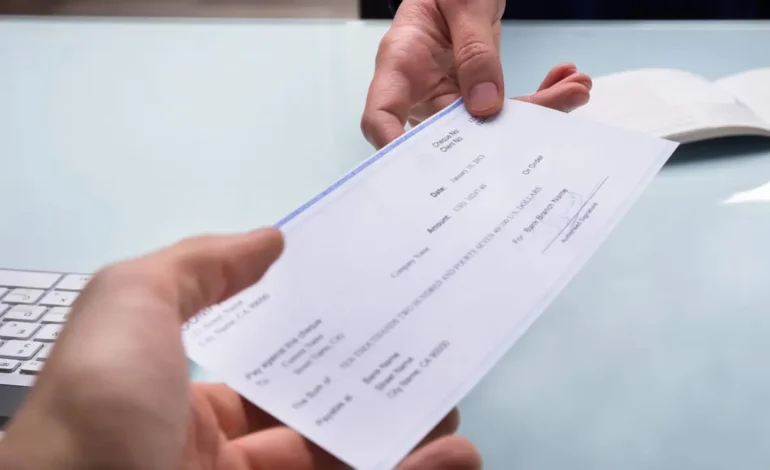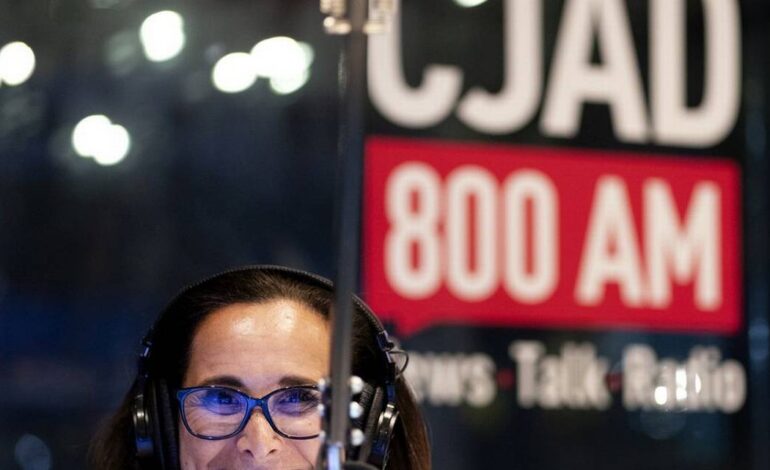
Bank Draft vs Certified Cheque: Which One Should You Choose?
When it comes to secure payment methods, bank drafts and certified cheques are two of the most reliable options available. Both serve as guaranteed forms of payment, offering security to both the payer and the payee. However, they have distinct characteristics that make them suitable for different situations. In this comprehensive guide, we’ll explore the differences, advantages, and use cases of bank drafts vs certified cheques to help you decide which is the right choice for your needs.
What is a Bank Draft?
A bank draft is a payment instrument issued by a bank on behalf of a customer. The bank guarantees the payment by withdrawing the specified amount from the customer’s account and transferring it to the bank’s own account until the draft is cashed by the recipient. This ensures that the funds are secured, providing confidence to the payee that the draft will not bounce.
Key Features of a Bank Draft:
- Guaranteed Funds: The bank ensures the availability of funds.
- Widely Accepted: Commonly used in high-value transactions like real estate.
- Issued by Bank: Requires a visit to the bank for issuance.
What is a Certified Cheque?
A certified cheque is a personal cheque written by the account holder but certified by the bank. The bank verifies that the account has sufficient funds to cover the cheque and places a hold on the funds, ensuring they are available when the cheque is cashed or deposited. The certification process adds an extra layer of security, making it a trusted payment method.
Key Features of a Certified Cheque:
- Personalized: Written by the account holder.
- Bank Certification: Bank verifies and holds funds.
- Trusted Payment Method: Commonly used for personal transactions and smaller purchases.
Bank Draft vs Certified Cheque: Key Differences
While both payment methods offer guaranteed funds, there are some critical differences to consider:
1. Issuance Process
- Bank Draft: Issued directly by the bank, requiring the bank to withdraw the funds from the customer’s account.
- Certified Cheque: Written by the account holder but certified by the bank to ensure sufficient funds.
2. Security and Fraud Protection
- Bank Draft: Considered more secure as the bank holds the funds in its account.
- Certified Cheque: Slightly more susceptible to fraud since it’s a personal cheque, though still highly secure due to bank certification.
3. Usage and Acceptance
- Bank Draft: Preferred for larger transactions like property purchases or business deals.
- Certified Cheque: Suitable for smaller personal transactions such as buying a car or making a large purchase.
4. Fees and Costs
- Bank Draft: May involve higher fees due to the bank’s direct involvement.
- Certified Cheque: Typically has lower fees, but this varies by institution.
When to Use a Bank Draft
A bank draft is ideal for situations where the highest level of security is required. Common scenarios include:
- Real Estate Transactions: Buying property often requires the use of bank drafts due to the large sums involved.
- Business Deals: When dealing with corporate transactions, a bank draft provides assurance to all parties.
- International Payments: Bank drafts are commonly used for sending money internationally.
When to Use a Certified Cheque
A certified cheque is perfect for personal transactions where a secure form of payment is needed, but the amount involved is less substantial. Examples include:
- Purchasing a Car: Certified cheques are frequently used for buying vehicles from private sellers.
- Paying Rent or Security Deposits: Landlords may prefer certified cheques for significant rent payments or deposits.
- Personal Sales: If you’re selling high-value items like jewelry or electronics, a certified cheque offers a secure way to receive payment.
Advantages of Bank Drafts
- High Security: Funds are secured by the bank, reducing the risk of fraud.
- Widely Accepted: Particularly in business and international transactions.
- Reliable: Once issued, payment is guaranteed.
Advantages of Certified Cheques
- Personalized Payment: The payer writes the cheque, making it more flexible.
- Lower Fees: Generally more cost-effective than bank drafts.
- Convenient: Easier to obtain as you can write the cheque yourself before getting it certified.
Disadvantages of Bank Drafts
- Higher Fees: The involvement of the bank often results in higher charges.
- Inconvenience: Requires a trip to the bank for issuance.
- Risk if Lost: If lost, replacing a bank draft can be a lengthy process.
Disadvantages of Certified Cheques

- Less Secure: Although secure, they are slightly more vulnerable to fraud compared to bank drafts.
- Hold on Funds: The bank holds the amount, restricting access to those funds until the cheque is cashed.
- Acceptance Issues: Some businesses may prefer bank drafts over certified cheques for high-value transactions.
Frequently Asked Questions (FAQs)
1. Which is safer: a bank draft or a certified cheque?
Both are secure, but a bank draft is generally considered safer because the bank holds the funds directly.
2. Can I cancel a bank draft or certified cheque?
It is difficult to cancel a bank draft once issued, while a certified cheque can sometimes be stopped if it hasn’t been cashed.
3. How long does it take to get a bank draft or certified cheque?
A bank draft may take longer as it requires processing by the bank. A certified cheque can often be prepared more quickly.
4. Are there fees associated with bank drafts and certified cheques?
Yes, both come with fees, but bank drafts typically have higher costs due to the additional security.
5. Can I use a certified cheque internationally?
While possible, bank drafts are preferred for international transactions due to their widespread acceptance.
Conclusion
Choosing between a bank draft vs certified cheque depends on your specific needs. If you require the utmost security and are handling large transactions, a bank draft is your best option. On the other hand, if you’re making a personal payment and need a more convenient, cost-effective solution, a certified cheque will serve you well. Understanding the differences between these two payment methods ensures you can make informed decisions, keeping your transactions secure and hassle-free.






